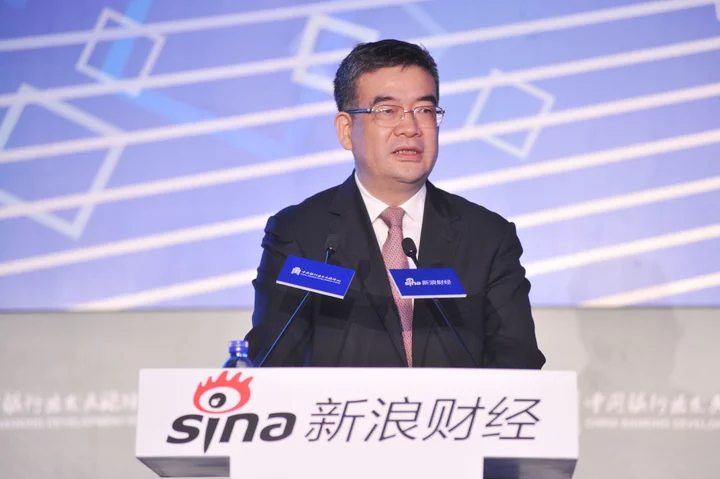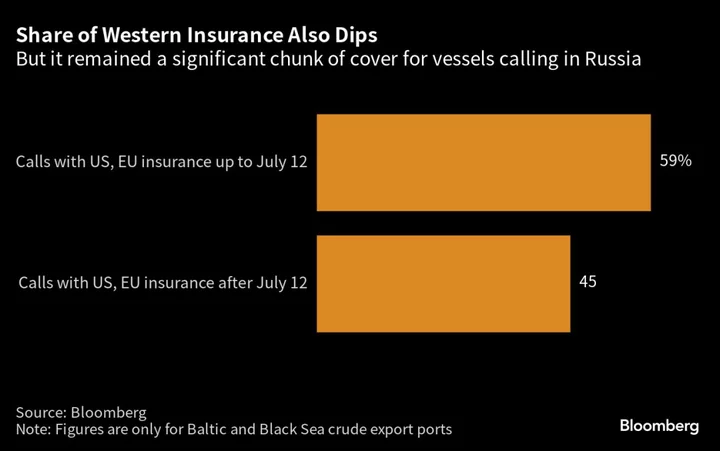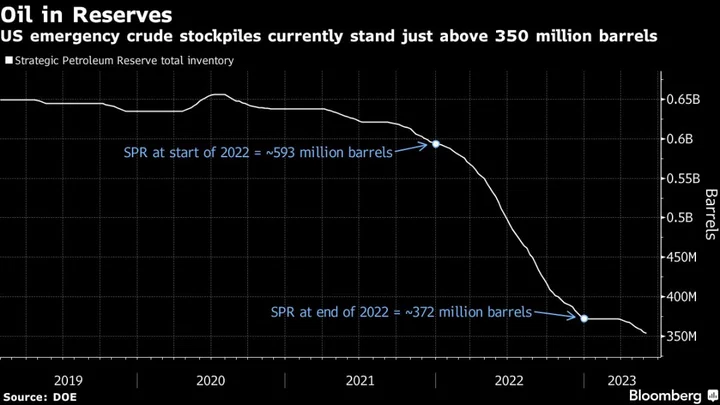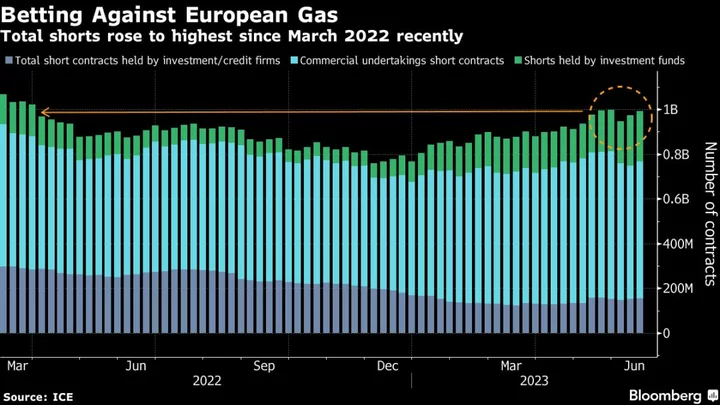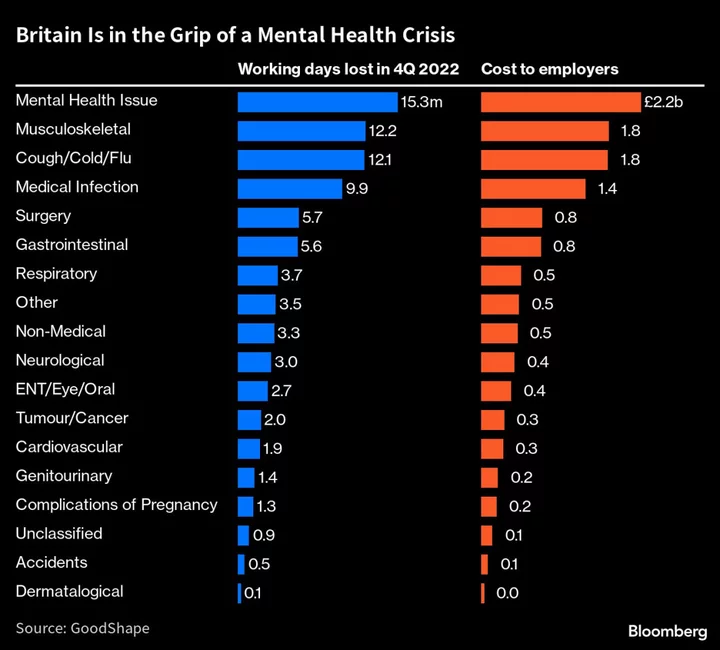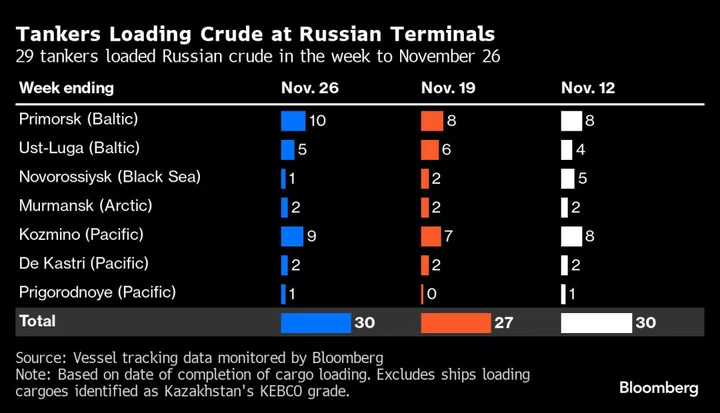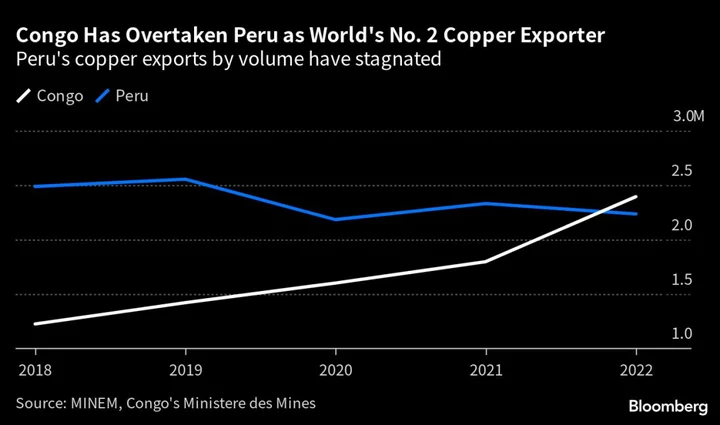China is set to name banking veteran Zhu Hexin as the head of its foreign exchange regulator, according to a Reuters report on Wednesday.
Zhu was most recently seen as a contender to be governor of the Chinese central bank, a position that was eventually filled by Pan Gongsheng. His appointment to lead the State Administration of Foreign Exchange (SAFE) could be announced as soon as this week, according to the Reuters report, which cited unnamed sources.
Zhu spent more than 20 years working in the banking sector before taking public office. He was vice governor of Sichuan province and then a deputy governor of the nation’s central bank, the People’s Bank of China, before taking over in 2020 as chairman of Citic Group Corp., a financial conglomerate overseen by the State Council, China’s cabinet. Zhu would be re-appointed as a deputy governor of the PBOC, Reuters reported.
He was added to the list of alternate members of the Central Committee — the country’s most senior officials and political elites — last year at the Communist Party’s 20th congress meeting. As deputy governor of the central bank between 2018 and 2020, Zhu was in charge of departments managing financial stability, the credit information system and state treasury, according to previous Chinese media reports.
The appointment would be one of the last remaining changes to China’s economic leadership that has been undergoing an overhaul since the party congress a year ago. Pan, who was head of SAFE from 2016, was named in July as the governor of the central bank to replace Yi Gang, who reached retirement age.
President Xi Jinping in October visited SAFE and the central bank in a rare move that some analysts interpreted as an attempt to underline the government’s increased focus on shoring up the economy and financial markets.
SAFE is in charge of China’s foreign currency reserves and plays a role in managing the exchange rate market. That has been a challenge this year as the yuan had been weakening markedly against the dollar as the US raised rates while China cut them, although that trend has turned around in recent weeks.
During Zhu’s tenure at Citic since early 2020, the company led a $6.6 billion government-orchestrated bailout of troubled bad debt manager China Huarong Asset Management Co. and replaced the Ministry of Finance as its largest shareholder.
(Updates with more detail from fifth paragraph)

